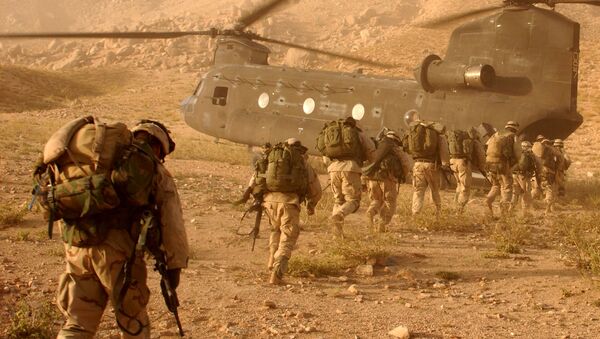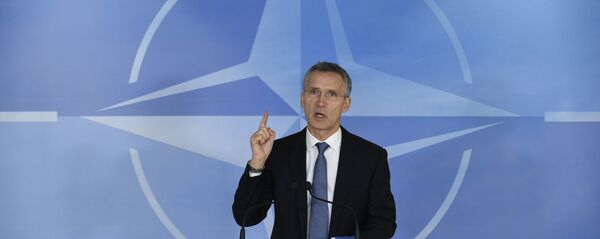On Wednesday, US Army officials expressed concerns about troop and munitions reductions as part of the Beltway inspired "Army modernization" plan, citing what they term is a depleted capability to respond to growing threats.
Lt. Gen. H.R. McMaster told the US Senate that American troops may soon be "outranged and outgunned by many potential adversaries and our Army in the future risks being too small to secure the nation." McMaster serves as deputy commanding general of Training & Doctrine Command (TRADOC), and is the branch’s top strategist and war operations prognosticator.
The US Army, America’s largest military service branch, still boasts nearly one million soldiers – 450,000 full-time warriors and 530,000 Reservists. Army leadership says that a million member army is "minimally sufficient" for a major war. Nonetheless, with manpower remaining the military’s greatest expense, analysts suspect that Congress will continue to push forward with further troop reductions.
McMaster projects that the Army’s fighting fortunes will change for the worst not only due to troop reductions, but due to a "lack of modernization." McMaster expounded upon this point citing that "The Bradley fighting vehicle and the Abrams tank will soon be obsolete, but we have no current major ground combat vehicle development program underway."
Traditionally, the US has boasted not only the world’s most expensive military apparatus but also superiority in troop numbers. American military strategists have shifted their sights in recent years, from ground superiority relying on troops, to air superiority. However, McMaster believes that strategy may be flawed after observing failures in the US air effort in Ukraine.
Notably, Russia and China, which US Secretary of Defense Ashton Carter called America’s #1 and #2 security threats, respectively, possess layered systems of radars and anti-aircraft missiles that can keep US aircraft out of an area. These systems, known as Anti-Access/Area Denial (A2/AD) completely undermine a decade of US military strategy predicated on air superiority.
Furthermore, Russian and Chinese hackers now possess the ability to jam or hack wireless network connections US forces rely on such that even if airpower is available, ground troops likely would not be able to transmit coordinates for a strike.
McMaster says the unreliability of US air superiority has "been a real wakeup call" and now advocates that the US war machine enhance combat vehicle technology and greatly expand the size of the US fighting force to be prepared for the conflicts of tomorrow.





